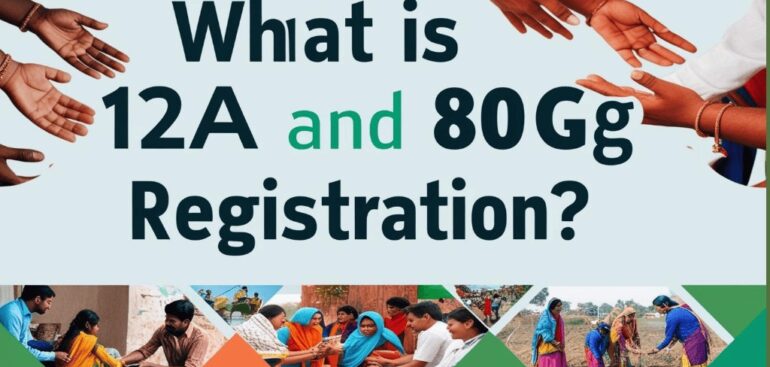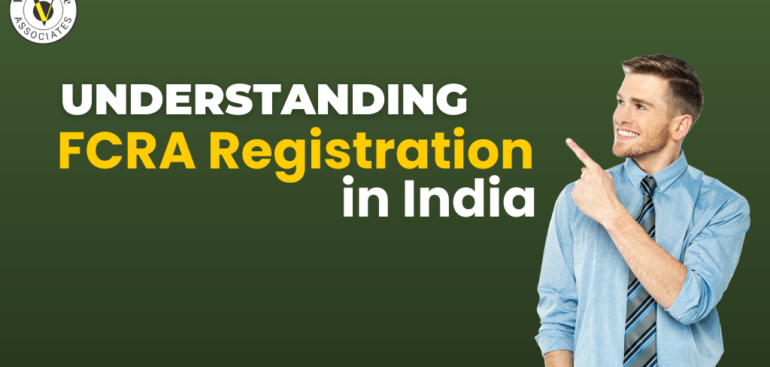Gurgaon has become one of India’s most active business corridors, with startups, MSMEs, IT firms, traders, and consultants growing at a rapid pace. For businesses operating here,GST registration in Gurgaon is no longer just a statutory formality—it is a mandatory step to ensure credibility, financial transparency, and smooth interstate operations.
As professionals working closely with Gurgaon-based businesses, we see a familiar pattern: most GST delays come from incorrect documentation, mismatched details, and a misunderstanding of the process. This guide simplifies everything so you can complete GST registration confidently and without setbacks.
Why is GST Registration Important for Businesses in Gurgaon
By understanding the benefits of GST registration, you can make informed decisions and feel empowered in your business operations. Gurgaon’s commercial environment is diverse, ranging from Cyber City’s IT hubs to industrial units in Manesar. In such an ecosystem, GST registration ensures:
1. Legal Recognition
Your business receives a unique GSTIN that verifies your operations across India.
2. Interstate and Online Operations
Businesses supplying outside Haryana or operating online marketplaces require GST registration without exception.
3. Input Tax Credit (ITC)
GST-registered businesses can claim credit on purchases, reducing overall tax liability—crucial in competitive environments like Gurgaon.
4. Eligibility for Contracts
Most corporate clients, SEZ-based entities, and government departments in Gurgaon require a GSTIN for vendor onboarding.
5. Financial Transparency
GST registration builds trust with banks, investors, and partners.
Who Should Apply for GST Registration in Gurgaon?
You need GST registration if you fall under any of the following:
- Annual turnover exceeds₹40 lakh (goods) or₹20 lakh (services)
- You operate anonline business, e-commerce store, or aggregator platform
- You supplyservices across states or ship goods outside Haryana
- You run apartnership firm, LLP, Pvt. Ltd. company, OPC, or society
- You represent another business as an agent or distributor
- You operate a consultancy, coaching centre, home-based business, salon, or café above the threshold
Even small startups in Gurgaon often choosevoluntary registration to appear credible and deal with larger clients.
Documents Required for GST Registration
To avoid application rejection, keep these documents ready:
- PAN card
- Aadhaar card
- Passport-size photograph
- Business address proof (rent agreement/electricity bill/NOC)
- Bank account proof
- Partnership deed / COI (for firms or companies)
Make sure all documents are clear and match your application details.
GST Registration Process in Gurgaon — Step by Step
Although the portal is user-friendly, first-time users may find it technical. The process includes:
Step 1: Create an application on the GST portal
Enter basic details like mobile number, PAN, and email.
Step 2: Add business information
Include trade name, business category, and business address.
Step 3: Provide promoter and bank details
Upload identity documents, bank proof, and a declaration.
Step 4: Upload required documents
Ensure every document is clearly scanned and easily readable.
Step 5: Complete Aadhaar authentication
This step helps speed up approval.
Step 6: Receive your GSTIN
Once approved, you can download your certificate from the portal.
Common Mistakes That Delay GST Approval in Gurgaon
Competitor pages highlight issues like incorrect documents and mismatch errors. Based on real cases, the most common reasons for delays include:
- Incorrect business category selection
- Uploading blurred documents
- Wrong or incomplete HSN/SAC codes
- Non-completion of Aadhaar OTP
- Mismatch in address proof and application details
- Portal errors or incomplete submission
Professional help ensures these issues are addressed before applying, providing reassurance and support in the complex process of GST registration.
FAQs on GST Registration in Gurgaon
1. Is GST registration mandatory for small businesses in Gurgaon?
Yes. Any business crossing the GST threshold limit must register. However, many Gurgaon businesses choose voluntary registration for credibility and ITC benefits.
2. What is the cost of GST registration in Gurgaon?
The government does not charge any fee for registration. Professional charges vary depending on documentation and advisory needs.
3. How long does GST registration take?
With proper documents and Aadhaar authentication, registration usually completes within3–7 working days. Delays occur when details do not match or additional verification is required.
4. Can home-based and online businesses in Gurgaon apply for GST?
Absolutely. Freelancers, consultants, and e-commerce sellers can register using home address proof and a simple NOC if needed.
5. What documents are required for GST registration in Gurgaon?
You need PAN, Aadhaar, photos, address proof, bank proof, and business registration documents (if applicable).
Summary
GST registration is not just a legal requirement, but also a key step in establishing a compliant and credible business in Gurgaon. With the right guidance, clear documentation, and professional support, the registration process becomes smooth, quick, and stress-free. Remember, GST registration opens up a world of opportunities for your business, from interstate operations to eligibility for contracts.
Are you searching for GST registration in Gurgaon?
ContactVedkee Associates today at+91 9810238067, +91 9999756111 for expert assistance and fast GST approval.
Also read: What is 12A and 80G Registration?, Private Limited Registration in Gurugram, MSME Certificate Registration



